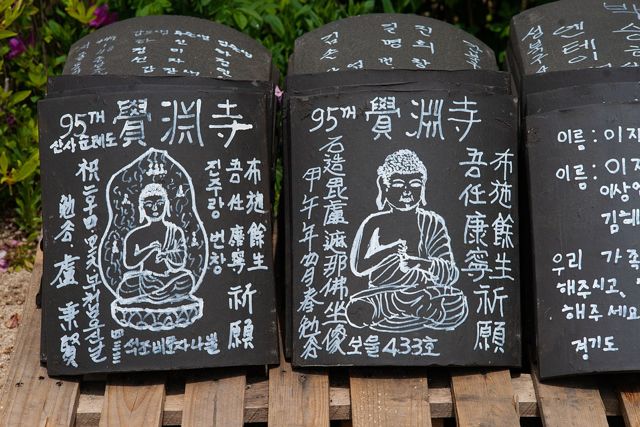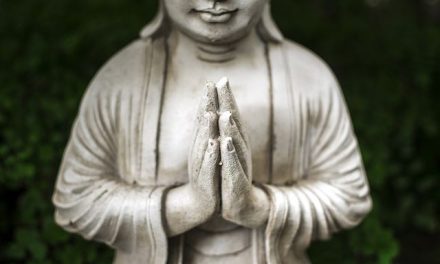
When the mind is not fallen, bodily, verbal, and mental deeds are not fallen. Someone whose deeds of body, speech, and mind are not fallen will have a good death. It’s like a bungalow with a good roof. The roof peak, rafters, and walls are not fallen in. In the same way, when the mind is not fallen, bodily, verbal, and mental deeds are not fallen. Someone whose deeds of body, speech, and mind are not fallen will have a good death.
By Richard Daley
Within the suttas, we learn of a lay follower named Sudatta.
Sudatta was a banker, who’s unmatched generosity earned him the sobriquet Anathapindika. This nickname can be translated as meaning something resembling “feeder of the destitute” or “one who gives alms to the helpless.” He was reputed as having within him a strong passion for helping those in need, and was especially generous toward the Buddha and his followers.
Interestingly, Anathapindika was a wealthy businessman and banker, said to be the most affluent in Savatthi—one of the largest cities in India during the Buddha’s lifetime. So, if we draw any conclusions from modern times, he had associates who may not have been the most virtuous of individuals. This may have left Anathapindika—like many of us are left in similar situations—needing guidance on navigating existence.
Anathapindika’s munificence was vast in its bounds; he would frequently visit the Buddha, bringing with him gifts of food for the assembly of monks. Sometimes he would bring friends, or visit multiple times in a day.
Through Anathapindika’s selfless generosity, he was eventually left destitute. Still then, we are told that he never wanted to bother the Buddha, or be treated as special due to his generosity. After he was totally impoverished, he still gave what he could, even if it only amounted to bird seed and porridge.
The Buddha however, did give teachings to Anathapindika various times as recorded in the suttas. The sutta I will visit today is the Kuta Sutta.
In the beginning of the sutta, Anathapindika comes and pays his respect to the Buddha. In turn, the Buddha gives Anathapindika a teaching on the mind:
“Householder, when the mind is fallen, bodily, verbal, and mental deeds are fallen. Someone whose deeds of body, speech, and mind are fallen will not have a good death. It’s like a bungalow with a bad roof. The roof peak, rafters, and walls fall in. In the same way, when the mind is fallen, bodily, verbal, and mental deeds are fallen. Someone whose deeds of body, speech, and mind are fallen will not have a good death.”
The Buddha continues:
“When the mind is not fallen, bodily, verbal, and mental deeds are not fallen. Someone whose deeds of body, speech, and mind are not fallen will have a good death. It’s like a bungalow with a good roof. The roof peak, rafters, and walls are not fallen in. In the same way, when the mind is not fallen, bodily, verbal, and mental deeds are not fallen. Someone whose deeds of body, speech, and mind are not fallen will have a good death.”
This comparison is essentially that of a mind unprotected compared to a mind protected.
A mind fallen is a mind lost to moral corruption, exacerbated by unskillful ways of living one’s life. A protected mind is one we take refuge in, like a house with a good roof; strong and able to protect us from the turbulence of the outside world.
To me, at its core, the sutta radiates to us a need to restrain our mind from the unskillful tendencies that lead us down a path of destruction. To have a good death is to live a good life. To live a good life is to look back at the end of it, and feel that we have done well at the expense of no other.
Through our actions, we build the “house” within which we live.
Through our bodily, verbal, and mental deeds, we cultivate the garden that feeds us. It is not easy to take a deep look at ourselves and our actions, but it is truly necessary if we want to work toward a structure free from rot and corrosion. This is the way to avoid the path of disorientation and suffering, all the while moving in the direction of a state of peace.
Peace,
Richard
Photo: Pixabay
Editor: Dana Gornall
If you liked this article you might also like:
Exploring The Suttas: I Can’t Get No Satisfaction (Stress and the Origin of it)
Taking Refuge: The Buddha’s Teaching on How to Get Through a Plague
Comments
- Re-introducing Our Children Back to Nature (and away from the screens) - December 6, 2022
- What if We Put Down Our Phones and Look Around - January 1, 2022
- Exploring The Suttas: A Laywoman Shares The Dhamma - November 9, 2021




